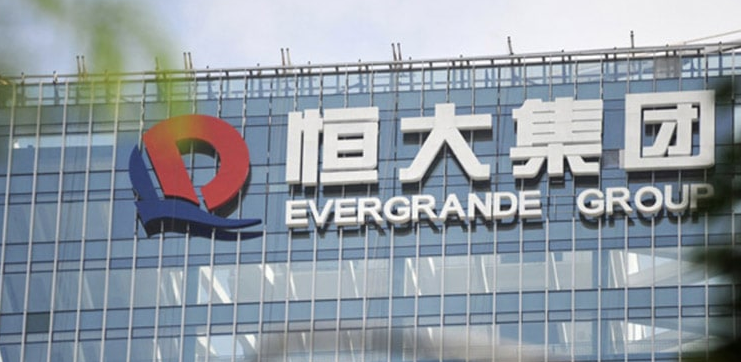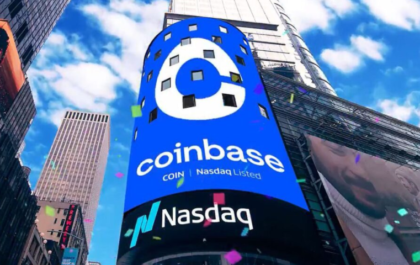Evergrande, a real estate business that has seen commendable growth since its launch in 1997, is currently at the brink of its collapse. Xu Jiayin, the company’s chairman and founder, had prior real estate experience that fueled his ambition to start his venture. Jiayin would start his company with eight employees that saw him expand the company’s portfolio and increase real estate projects in the following years. In a record time of two years, Evergrande rose to become the seventh-largest real estate company in China. Following its mantra on low-cost and affordable housing, the company kept expanding and started taking debt both from the domestic market and foreign investors. Sales revenue would further be reinvested into more real estate development projects.
The company’s model of 3 H’s; High debt, high leverage, high turnover, and low cost for the consumers led to ballooning debt while the executives allowed ventures into more investment frontiers. Evergrande would acquire a football club for $15 million and started a mineral water business in a bid to diversify and expand its empire. It is always good for a company to cut on its debt with revenues generated as it reduces default risk and gives headroom for better credit ratings. Evergrande would prioritize expansion over cutting down its debt, this was a red flag.
Unbothered by the accumulating debt, the company would keep borrowing heavily to an extent that the Chinese government cautioned the practice and specifically limited the addition of more debt. Why would the government be bothered by Evergrande? Evergrande is part of a crucial sector that contributes to 29% of China’s GDP. The company is among the top real estate companies in China hence its collapse or turmoil directly affects the Chinese economy. The company had earlier gone public in October 2009, positioning Xu Jiayin with a 68% stake. The company’s outlook was promising and investors bought into its stock. Fast forward to today, the company is overleveraged with debt and stands to default $300 Billion to its bondholders.

The nature of liability that Evegrande holds with this type of debt is current since bondholders require coupon payments in the short term. Although different market voices point to a Lehman-like crash for Evergrande, optimists point to a bailout or a debt restructure that will cushion the company through its current qualm. The company had stated to its bondholders that it would be paying $80 million on interests, which saw its stock surge. However, this is not a strong signal towards a neutralized going concern for the company.
According to Ray Dalio, in his interview with Bloomberg’s Tom Keene, in Greenwich, Connecticut, Evergrande’s debt is mainly domestic, which means it can be handled domestically. He believes it would have been more detrimental if the debt was dominated by stronger foreign currencies such as the dollar or pound, as it would have been increasingly expensive to repay. The company’s intentional complacency towards debt repayment and increasing ventures such as acquiring plastic surgery clinics and starting an electric vehicle business, has exposed the company to more default risk. The government of China remains concerned with the situation and believes that companies should act for the social fairness of their investors and society at large.
The People’s Bank of China pumped 90 Billion Yuan ($13.9 Billion) into the domestic banking system to cushion imminent debt restructuring needs. Investors, industry players, and stakeholders are keen to see how the company weathers the current storm. Evergrande is largely to blame for its aggressive efforts to build its asset base without keen consideration of the debt at hand. Concerns over secret debt and agreements make it worse for the company’s situation, more so, to people unaware of the private information therein. Inferentially, this is a stock that investors should consider shelving their risk appetite on and watch from the sidelines.
Fredrick Munyao
Related posts
Market Hacks
A look into Coinbase, What you Should Know
Cryptocurrency exchange platforms have offered crypto enthusiasts and investors reliable avenues that continue to increase in their popularity and reach….
Dogecoin, a hyped market sentiment?
The Crypto world keeps presenting new twists and turns into the investment space. Bitcoin experienced its soar, so did Ether….
What is a Trader Checklist? Here are Five Things.
Trading is one lucrative skillset that has the ability to generate short term returns that can be effectively deployed elsewhere…
How to Fight Inflation, The Use of Interest Rates.
Inflation is a word often pronounced in economic and financial circles. It has both positive and negative effects to a…
What is a Sovereign Wealth Fund? Here are the Top 5 Largest Sovereign Wealth Funds in the World.
A sovereign wealth fund is a pool of funds owned by an individual government that aims to invest partly or…







